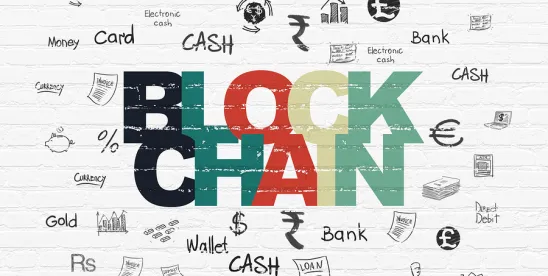Following the adoption of Act no.2016-1691, dated 9 December 2016, on Transparency, Anti-Corruption, and Modernization of Economic Life (“Sapin II” – see our compliance coverage here) and the publication of its responses to a public consultation request on 30 August 2017 (see our coverage here), the French Ministry of Finance published a draft document aimed at adapting the French legal framework to the use of blockchain technology.
The draft (which may be accessed in French here) addresses the possibility for companies, to register the following instruments with a “shared electronic registry”:
-
Negotiable debt securities;
-
Units or shares of undertakings for collective investment;
-
Capital securities issued by corporations and debt securities other than negotiable debt securities, provided that they are not traded on a trading platform.
The draft places conditions on such registration. The draft expressly excludes registration of any securities admitted to the operations of a central depository or delivered in a system for the payment and delivery of financial instruments. In addition, the bylaws of the issuer must expressly provide for the possibility to use a shared electronic registry.
In any case, the French regulatory framework would require the application of French law to any securities registered with a shared electronic registry if the issuer of such securities is headquartered in France or the issuance of such securities itself is already governed by French law.
Additional technical measures will subsequently be discussed in a supplementing Decree, in order to provide the required legal safeguards to blockchain technology.
While assessing the relevance of a blockchain legal framework for corporate securities remains difficult in the absence of such technical details, all industry actors are welcome to provide the Ministry of Finance with comments on the proposed framework until 9 October 2017.




 />i
/>i
